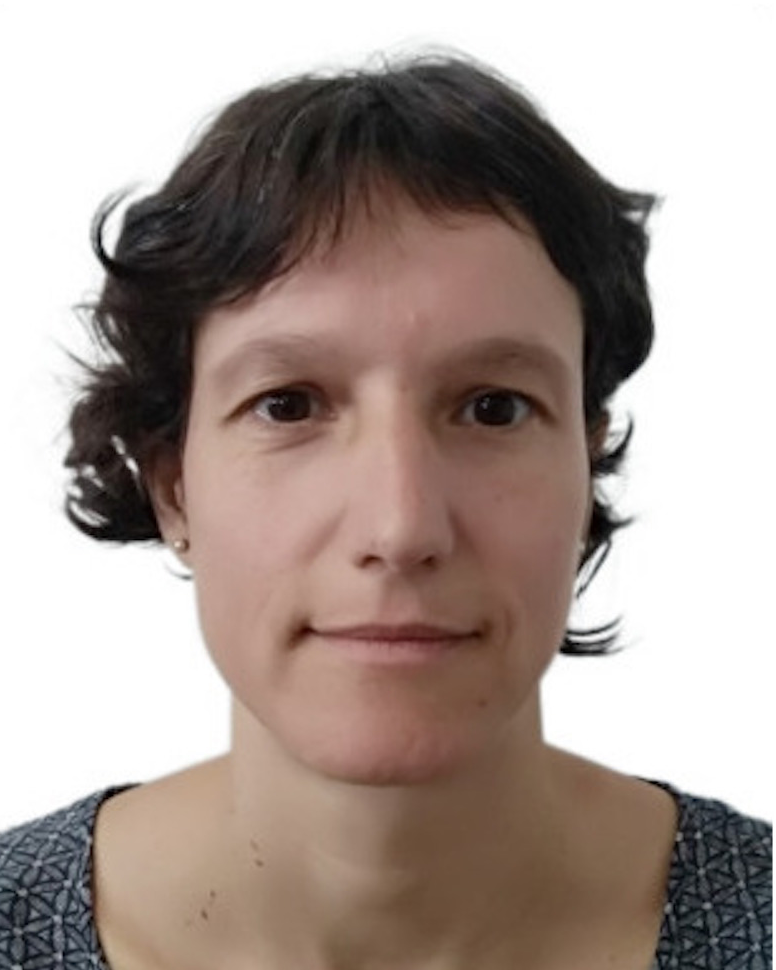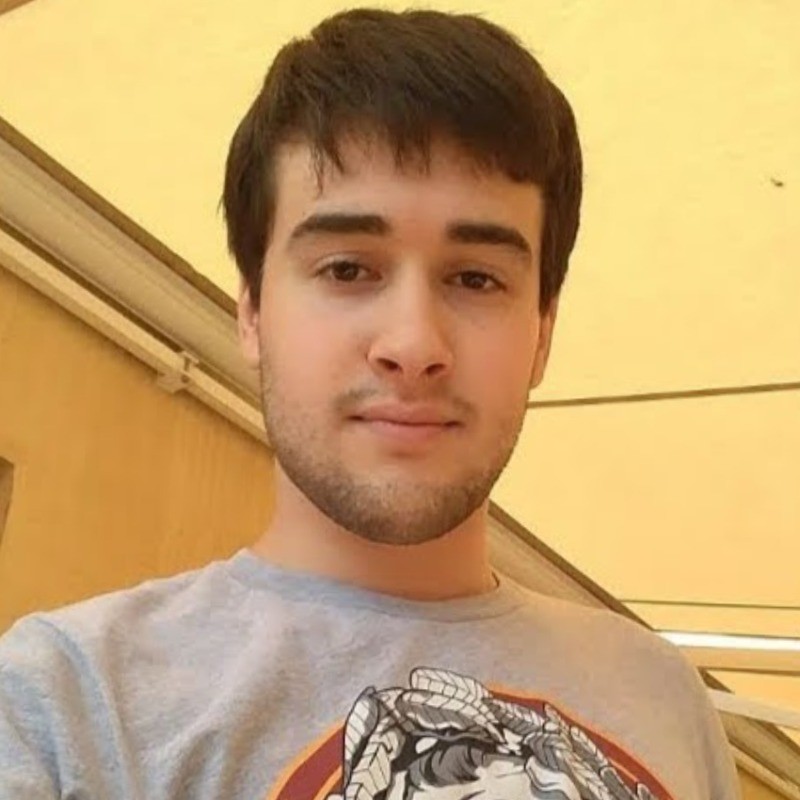Cristina Bancells Bau
Member of Research Line in Mechanisms of tissue repair and regeneration
Email: cristina.bancells@uvic.cat
ORCID: 0000-0003-4819-218X
Scientific Profile: URECERCA
Professor of the Faculty of Medicine and Faculty of Science, Technology and Engineering at the University of Vic – Central University of Catalonia.
She has been working in biomedical research studying diseases at the molecular level. She did the Ph.D. in Dr. Jordi Ordoñez-Llanos laboratory at the Biochemistry Department of the Hospital Sant Pau in Barcelona studding a modified lipoprotein implicated in atherosclerosis disease.
Afterwards, she focused her research on the study of the malaria disease in different laboratories. She did a postdoctoral stage at Weill Cornell Medical College (New York, USA) where she studied translational regulation of the malaria parasite. Then, she worked at the Malaria Epigenetics group in ISGlobal (Barcelona) led by Dr. Alfred Cortés, where they redefined the initial steps of the sexual development in the life cycle of malaria parasites. She also worked at the European Molecular Biology Laboratory (EMBL-Barcelona) in Dr. Maria Bernabeu group studding the mechanisms that lead to vascular dysfunction in cerebral malaria by developing new in vitro models of the human blood-brain barrier.
Ph.D in Biochemistry and Molecular Biology (UAB, 2009) and Degree in Biochemistry (UAB, 1999).
My last happenings:
Jordi Permanyer Pascual, new member at TR2Lab
We are pleased to welcome Jordi Permanyer, a student linked to the support technician in digital communication, who joins TR2Lab as part of an internship program. He is currently in his fourth year of the Multimedia, Applications, and Videogames degree at the University of Vic – Central University of Catalonia. Jordi is passionate about digital media and entertainment, with a strong interest in websites. At TR2Lab, he is collaborating on maintaining and updating the lab's website, posting news, and supporting outreach activities. We are excited to have his talent and dedication in our community!










